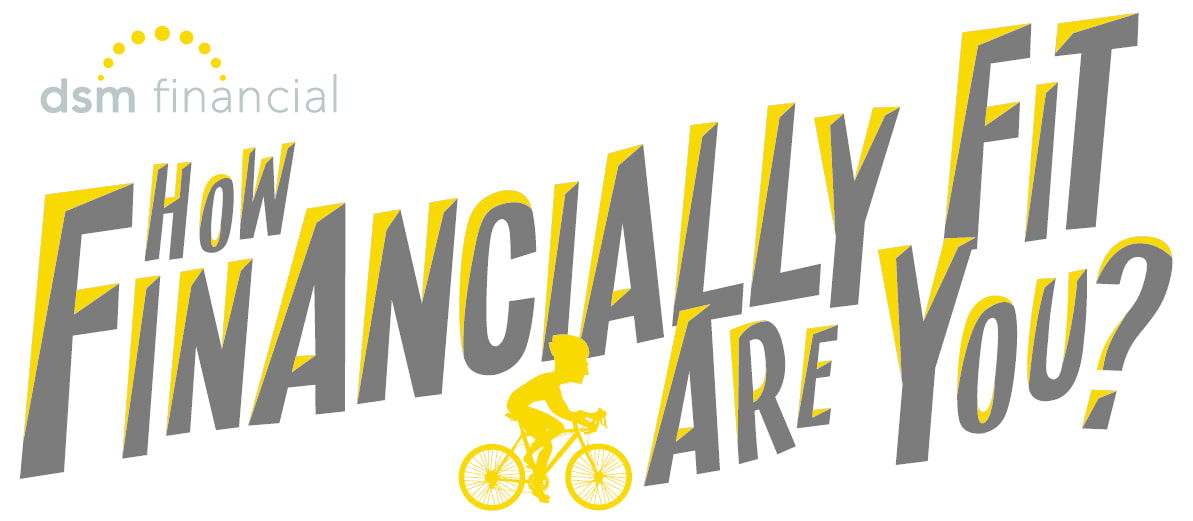|
Are you thinking about the kind of legacy you will leave for your loved ones after you pass away? Your estate plan should prioritize your objectives and offer a strategy. It should also identify risks and challenges, such as taxes, end-of-life costs and even probate expenses. One risk you may want to consider is debt. Many retirees try to minimize debt before they end their careers. However, that’s not always possible. Unexpected costs always arise, even in retirement. You could have credit card debt, mortgages, medical bills and more. It’s possible that your debt could impact the amount of assets that are distributed to your heirs. When you pass away, many of your assets will likely pass through a process called probate. That’s the legal process for settling an estate, and it often includes tasks like notifying heirs, liquidating assets and distributing inheritances. Fortunately, there are steps you can take to minimize the burden of your debt and protect your legacy. Below are three steps to consider. If you have debt and are worried about its impact on your estate, consider implementing these action items in your estate plan. Implement a debt reduction plan. Perhaps the most effective way to limit the impact of debt on your estate is to take steps to reduce your debt while you’re alive. For example, if you have credit card debt, consider developing a strategy to pay it off. If you owe back taxes and penalties to the IRS, contact the agency to negotiate a payoff plan. Also, think about loans on which you may be a co-signer. For example, did you co-sign your children’s student loans? If so, the lender could demand that the balance be paid after your death. You may want to work with your child and the lender to see if you can be removed as a co-signer so the balance doesn’t hold up your estate distribution. Create liquidity for your estate. Sometimes it’s not the debt that causes estate problems, but rather the illiquidity in the estate. An individual may pass away with medical debt, credit card debt or other loans. The person’s assets may be illiquid property, like real estate or collectibles. There may be few liquid assets available, such as cash or investments. In these cases, the estate executor may be forced to sell assets to generate cash to pay the debt. That can be especially difficult for heirs if the assets have sentimental value. You can minimize this risk by creating liquidity for your estate. Consider using life insurance as a tool to leave cash for your heirs. If you can’t qualify for life insurance, work to create a reserve of cash. Consider tools that protect your assets from creditors. You also may want to utilize tools that offer some protection against creditor action. Based on your state laws, many of these tools are beneficiary-designated products such as life insurance, annuities, IRAs and trusts and may not be subject to creditors. These types of assets flow directly to the named beneficiaries without going through probate. You may want to maximize the assets in these accounts so your heirs can receive their distributions quickly, without waiting for your executor to settle outstanding debts. Are you as financially fit as you thought? Give us a call at DSM Financial to discuss your options and create a strategy that works for you. Licensed Insurance Professional. Advisory Services offered through Change Path LLC an Investment Advisor. DSM Financial and Change Path LLC are not affiliated.
This information is designed to provide a general overview with regard to the subject matter covered and is not state specific. The authors, publisher and host are not providing legal, accounting or specific advice for your situation. By providing your information, you give consent to be contacted about the possible sale of an insurance or annuity product. This information has been provided by a Licensed Insurance Professional and does not necessarily represent the views of the presenting insurance professional. The statements and opinions expressed are those of the author and are subject to change at any time. All information is believed to be from reliable sources; however, presenting insurance professional makes no representation as to its completeness or accuracy. This material has been prepared for informational and educational purposes only. It is not intended to provide, and should not be relied upon for, accounting, legal, tax or investment advice. 17571 - 2018/4/9
0 Comments
Leave a Reply. |
Archives
July 2020
Categories
All
|
Mike Moller
DSM Financial
DSM Financial
3309 109th Street
Urbandale, IA 50322
Urbandale, IA 50322
515.331.1717
[email protected]
[email protected]
Advisory Services offered through Change Path LLC an Investment Advisor. DSM Financial and Change Path LLC are not affiliated. 17283 - 2018/1/17
Licensed Insurance Professional. Respond and learn how insurance and annuities can positively impact your retirement. This material has been provided by a licensed insurance professional for informational and educational purposes only and is not endorsed or affiliated with the Social Security Administration or any government agency.
Licensed Insurance Professional. Respond and learn how insurance and annuities can positively impact your retirement. This material has been provided by a licensed insurance professional for informational and educational purposes only and is not endorsed or affiliated with the Social Security Administration or any government agency.


 RSS Feed
RSS Feed